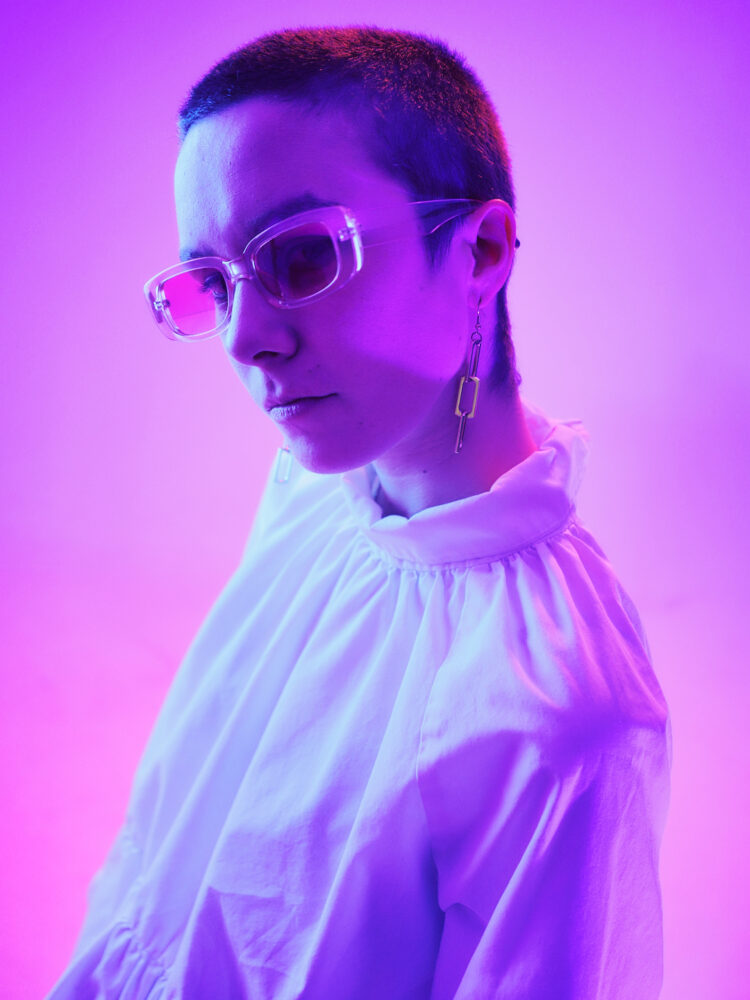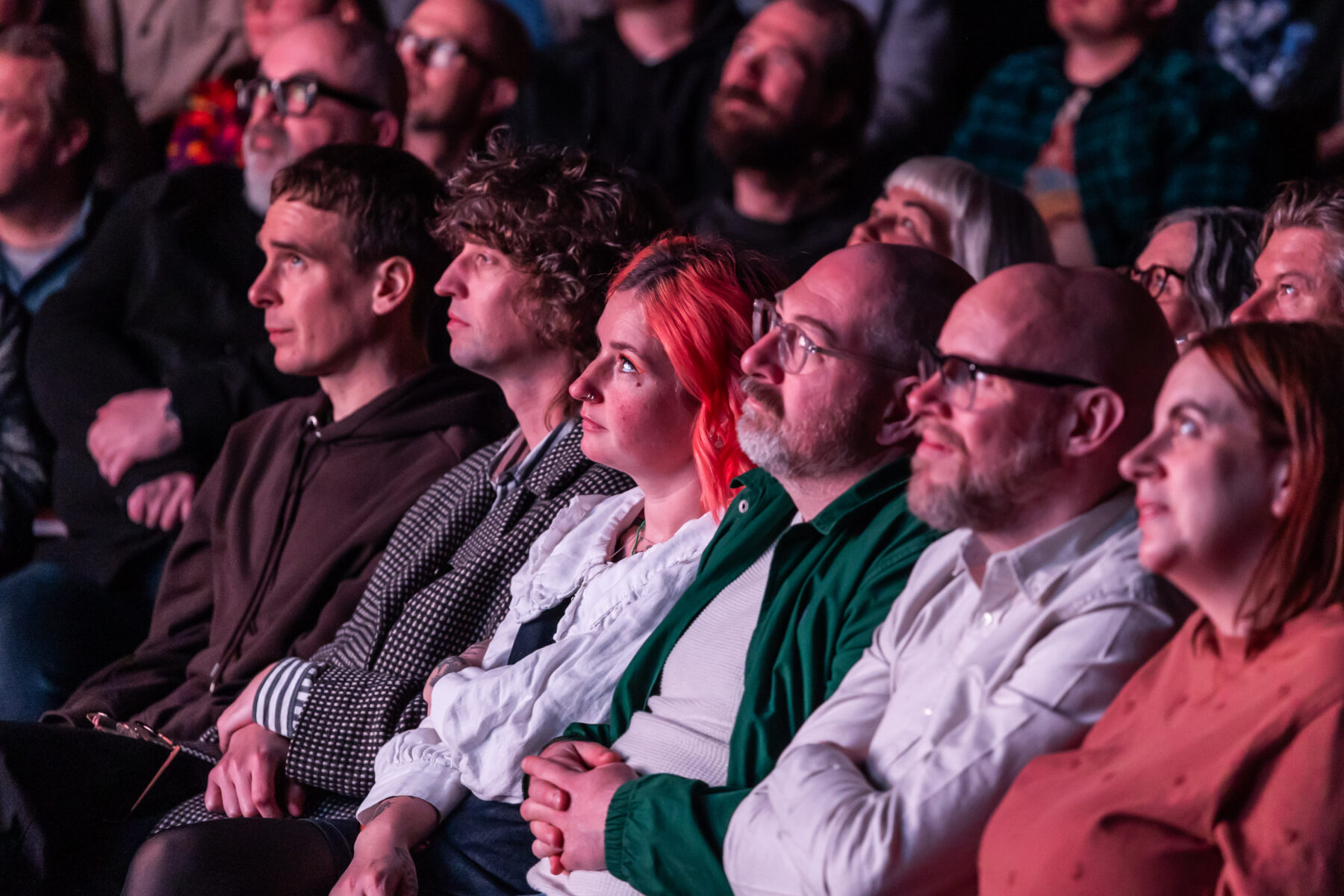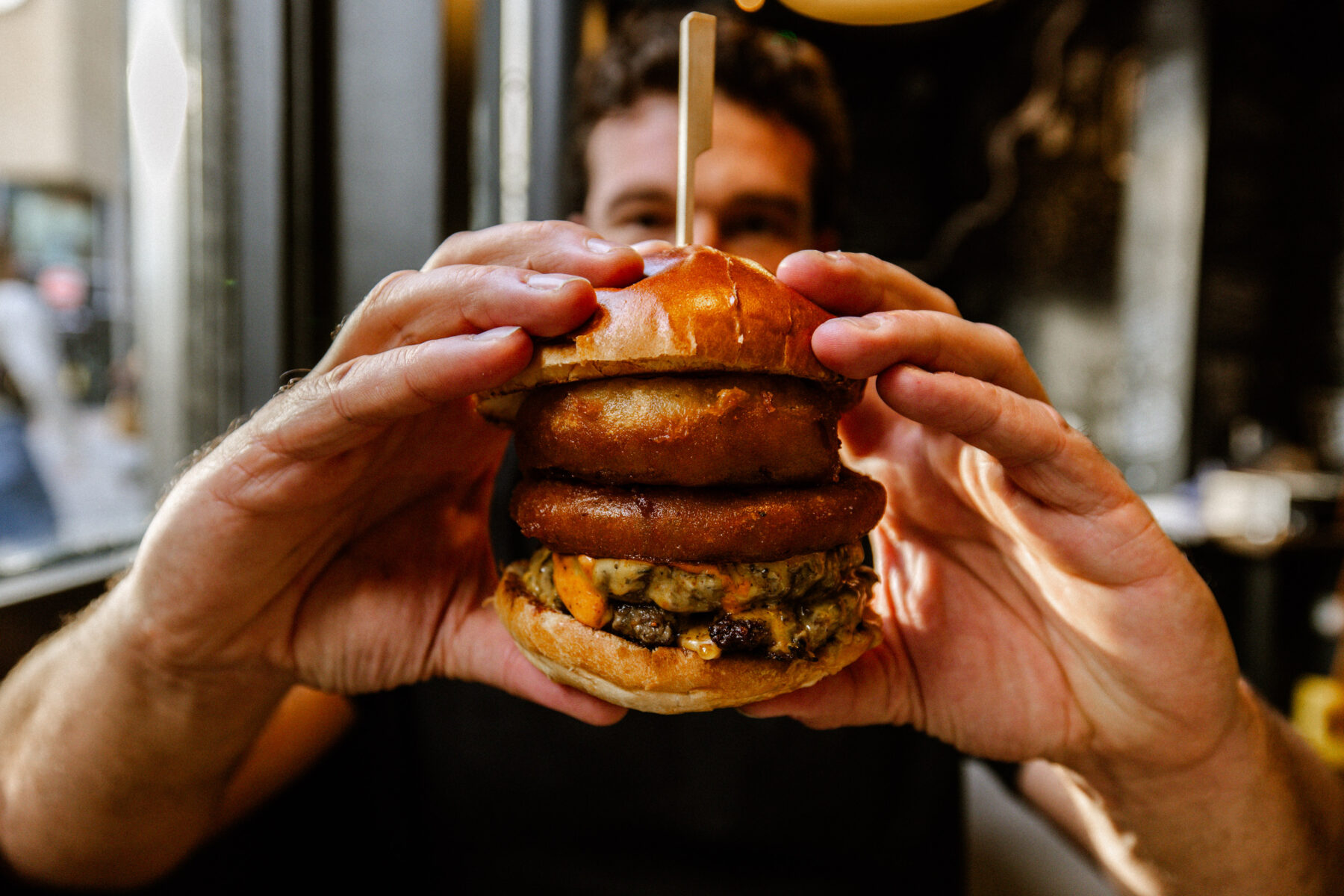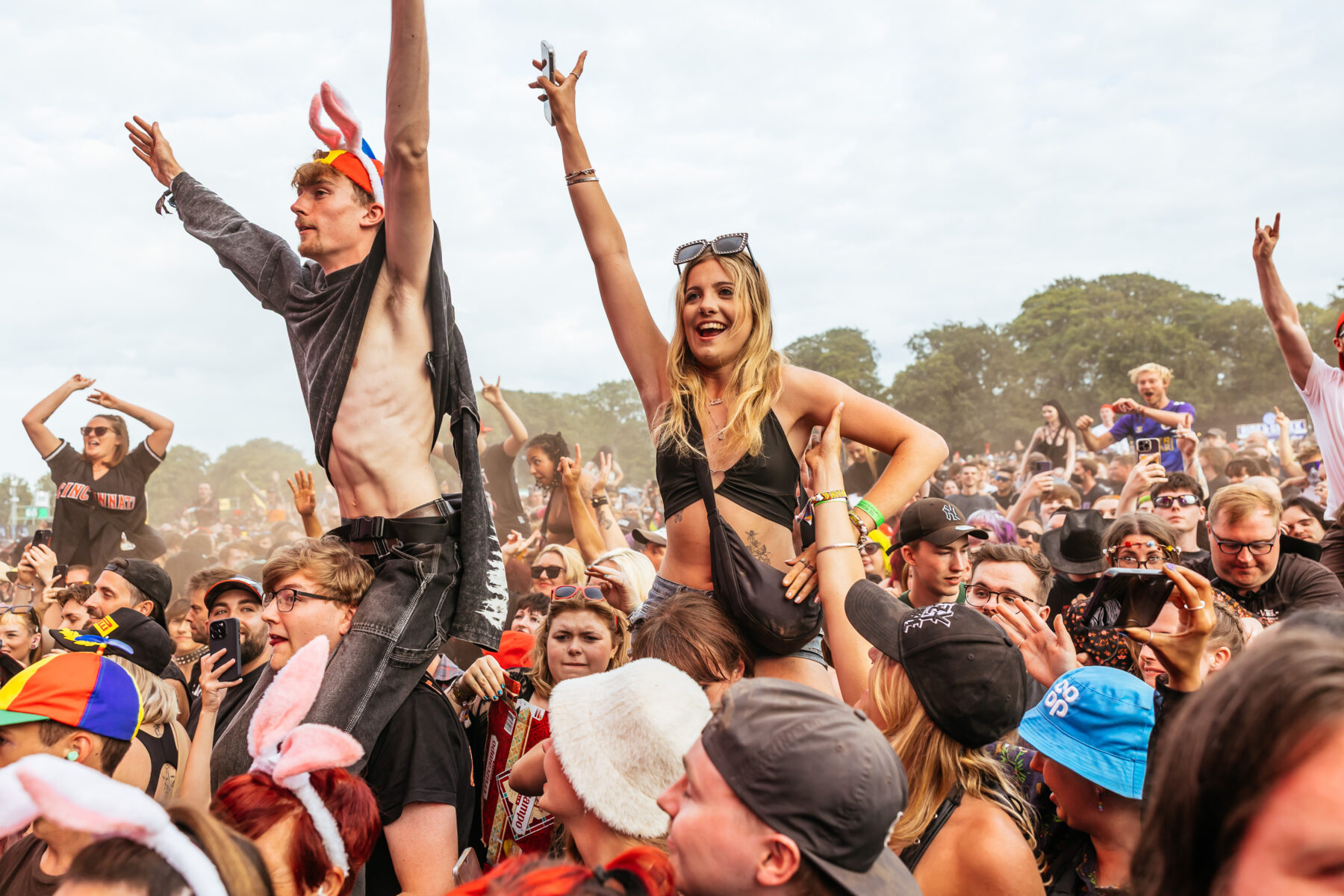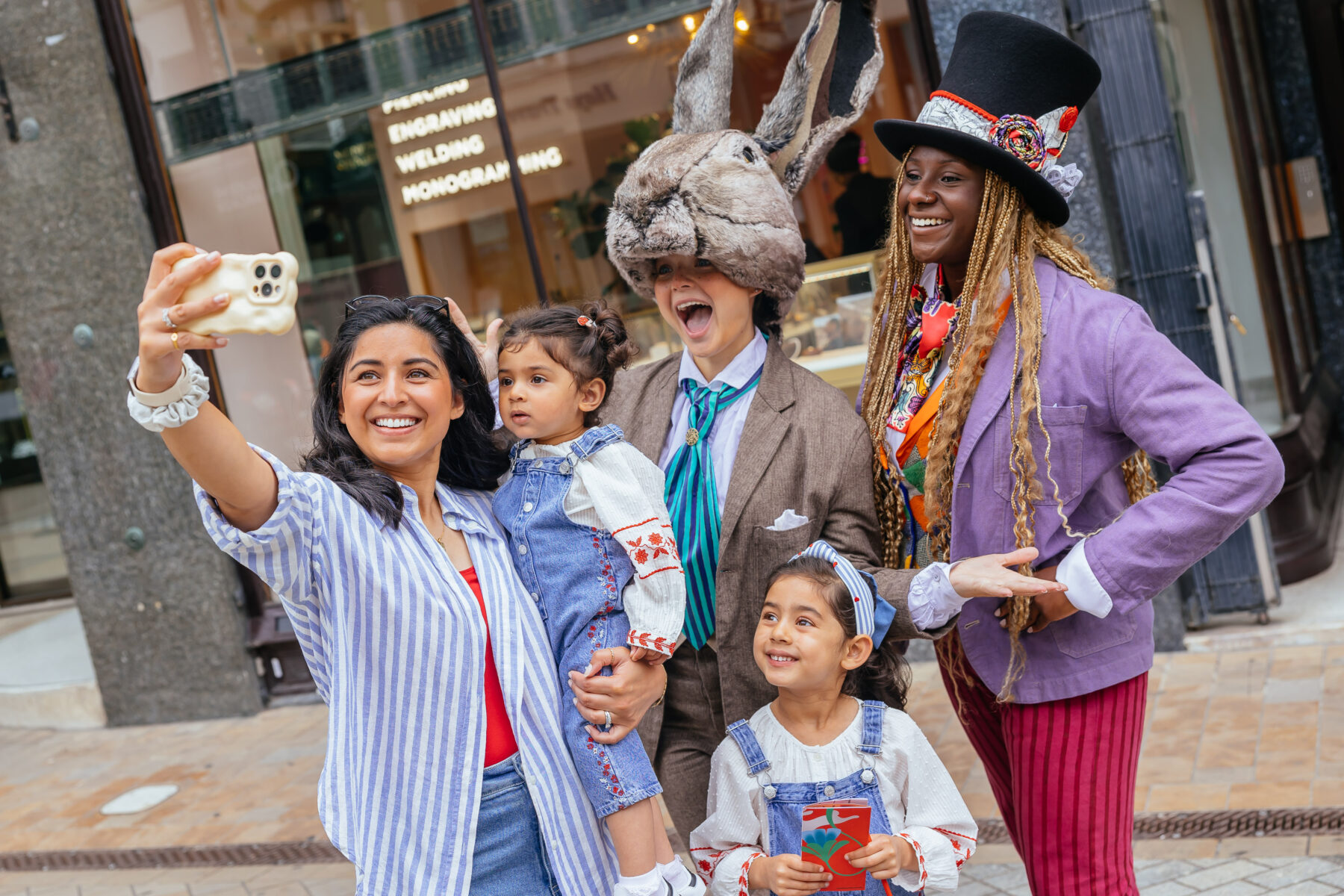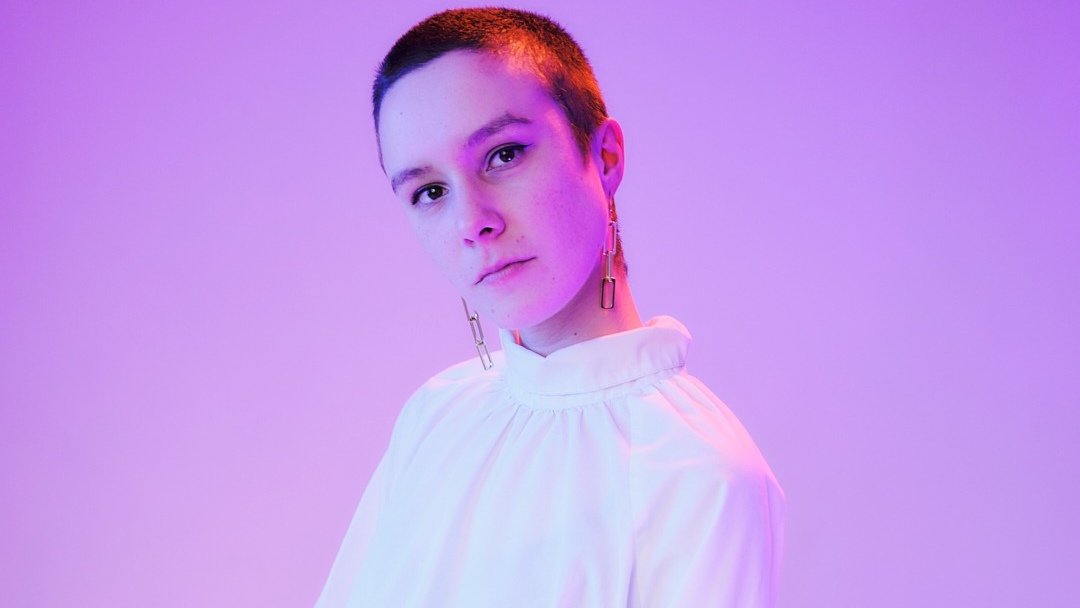
Article
🗞️ 60 Seconds with Shauna
Rob Chadwick
The debut release on the fledgling Working Classics imprint comes from label boss Shauna. Her second EP proper, 2384, sees the Liverpool-based DJ & producer return to the 4X4 sound in which she first made her name. The title comes from a dystopian dream (or rather nightmare) Shauna had, set in the year 2384, where women no longer had rights. Here we chat with Shauna about the EP before debut Boiler Room show later this month.
The title of your EP, “2384,” is quite intriguing. Could you share more about the dystopian dream or nightmare that inspired the title, set in the year 2384, where women no longer had rights?
I had this dream two years ago, it was so vivid and traumatising it could’ve been written by Octavia Butler or Margret Atwood. Women were being kidnapped and put into compounds owned by massive corporations, we had no autonomy and weren’t allowed to do anything. We couldn’t even have notepads and pens – the guards would come and search our dorms everyday. We had lessons where we had to read out scenarios and say why the women in them were bad. Mine was about a girl who went to her mate’s house but didn’t tell the guards so they could check to see if she was actually going where she said she was. I found out the dream was set in 2384 when one of the teachers handed me a piece of paper that said ‘in 2384 women no longer have any rights’. I usually forget dreams a few hours later, it’s so strange that this one has stuck with me, especially the date, so I knew I had to do something with it.
You mentioned finding inspiration at Love Muscle, the Leeds-based queer dance party. How did the atmosphere and experience at Love Muscle influence the creative process of writing the “2384” EP?
I love the diversity and vibrancy of queer dancefloors, being surrounded by care-free, sweaty, dancing bodies is very energising and I feel at my most creative after. The freedom I find on the dancefloor feeds into my production process and I feel more able to just have fun and experiment rather than thinking ‘will people like this? Will they think it’s shit?’ The majority of my music is written for, and about, queer dancefloors. I’m always thinking ‘how would this sound in Love Muscle?’ I want to give back to these parties what they give to me.
Your music has been described as eclectic, covering various genres like techno, electro, breaks, and footwork. How do these diverse influences contribute to your unique sound, particularly in the tracks “Out Getting Gary,” “Elektra,” and “Mangolicious”?
I take influence from everywhere, whether that’s other genres, 5 seconds of a random sound that I’m like, ‘Omg, I need to sample that’, things I’ve seen, places I’ve been, things people have said to me. My sound is a patchwork of all of these things. I think this is particularly evident on this EP, each track has its own vibe. Mangolicious is a straightforward, no-nonsense banger, but Out Getting Gary is more experimental; like what weird sound effect can I throw in next? I’m still trying to find my sound but I’m definitely honing in on what I want it to be, so I think it’s important to keep an open mind and listen to as many different sounds as possible. You never know where inspiration is going to come from next. The other day I was listening to a library record of French kids singing about how much they love cats – there’s a little refrain in that which is definitely going to feature in a future track!
Each track on the EP seems to have its own distinct vibe. Can you provide a brief description of the inspirations or stories behind “Out Getting Gary,” “Elektra,” and “Mangolicious”?
.Out Getting Gary was written after my girlfriend, Gee, and I went on a brewery tour last year that turned into an all-day bender, which turned into Love Muscle. It was one of those spontaneous, unexpectedly amazing days that was one of my favourite memories of last year. I think the track captures the fun (and chaos) of that day.
Elektra samples the series Pose, in particular Elektra’s iconic takedown of transphobes. It’s a homage to dance music’s roots. This scene would be nothing without the early, pioneering work queer, Black DJs.
Mangolicious was the last track I wrote for the EP, and the quickest. It’s named after a pale ale called Mangolicious. I wanted to make hard-hitting, no-frills tracks strictly for the dancefloor. I love the simplicity of early Chicago house, like you really don’t need much more than a 909 to make people dance. I tried to channel that approach on this track and not overcomplicate things, just make a banger.
Shauna from Working Class is at the Boiler Room Leeds taking place this weekend and if you like to read more music things, check out our guide to gigs in March.
